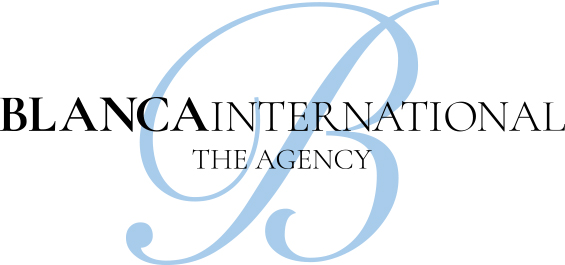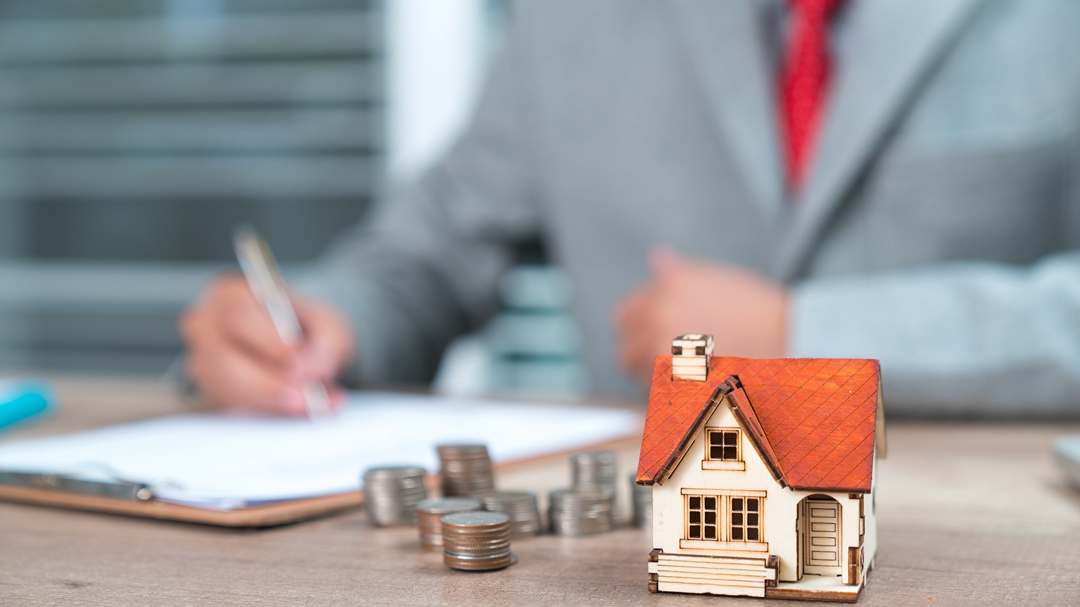Buying property in Spain is subject to various Spanish taxes, all of which are paid by the buyer. It is important to have clear from the outset the real costs you will face when you buy property in Spain. It is equally important to be clear about the ongoing costs you will face as a property owner in Spain. As well as taxes, you’ll need to pay fees for professional services. As a result, the total can add up to between 10% and 15% on top of the purchase price. Don’t forget to factor this figure into your budget for the purchase.
Transfer tax is up to 10% of the purchase price, depending on the location of the property. For example, the transfer tax in Madrid is set at 6.1%, while in Catalonia and Valencia you pay the highest rate of 10%.
The stamp fee also varies by location and varies between 0.5-1.5% of the purchase price. Sometimes, the buyer pays the seller’s plusvlia tax, which will vary based on how long the seller has owned the property. These fees are usually included in loan termination costs, although they may have to be paid directly to one or more tax authorities.
Tax considerations and deductions in Spain
Non-residents in Spain are responsible for paying Spanish income tax and a potential tax on Spanish assets. However, if you are in Spain for more than 183 days of the year, you may be deemed to be resident for tax purposes.
This will require you to pay 19-21% tax on profits (if you sell your property in Spain). In addition to taxing rental income, Spain also requires property taxes of between 1% and 2% of the property’s value per year, depending on location. The good news, however, is that Spain offers the option of deducting interest rates on mortgages, repairs, maintenance, rental fees, and up to 3% depreciation on the purchase price of a home.
The buyer of a home must also keep some extra money aside to pay taxes, although the amount will depend on the price of the home and whether it is new or second-hand. So, if you’re planning on buying a house in Spain, let’s look at the taxes and fees
Taxes when buying a new home in Spain
Spanish property taxes vary depending on whether you are buying a new home or a resale property. New refers to a property that has never changed hands before – in this case; it is usually sold directly by the developer. Resale refers to homes that have been sold at least once before.
If you buy a brand new home in Spain, then you will have to pay more in terms of taxes, the most important being VAT (IVA in Spanish). In 2021, VAT will amount to 10% of the property price. In other words, it would mean 10,000 euros in the case of a 100,000 euro home and 25,000 in a 250,000 euro home. It is worth noting that in the Canary Islands, VAT in the case of buying property is only 6.5% (this is the IGIC-Indirect General Canary Islands Tax). In the case of public housing, VAT may be 4%, but this varies depending on the Autonomous Region and the type of social housing in question.
A second tax must be added to the VAT in the case of buying a new home in Spain: the Documented Legal Acts tax (IAJD, also often known simply as AJD). This tax is still paid by the buyer and the amount also depends on each Autonomous Community. Note that these taxes do not apply to previously owned homes.
Autonomous Communit-AJD-VAT
Andalucía 1.5% 10.0%
Aragón 1.5% 10.0%
Asturias 1.5% 10.0%
The Balearic Islands 0,5% 10.0%
The Canary Islands 1.0% 6.5%
Cantabria 2.0% 10.0%
Castile-La Mancha 1.5% 10.0%
Castile and Leon 1.5% 10.0%
Catalonia 2.0% 10.0%
Ceuta 0.5% 10.0%
Madrid 0.75% 10.0%
Valencia 2.0% 10.0%
Extremadura 2.0% 10.0%
Galicia 1.5% 10.0%
La Rioja 1.0% 10.0%
Melilla 0.5% 10.0%
Murcia 1.5% 10.0%
Navarre 0.5% 10.0%
The Basque Country 0.5% 10.0%
Taxes when buying a pre-owned home in Spain
For pre-owned homes the most important tax is the Property Transfer Tax (ITP). In this case, the amount depends on the percentage applied to the registered price and the autonomous community in which the house is located, although as a general rule, a rate of between 6% and 10% is applied. The following rates are currently applied in 2021:
Autonomous Community-ITP
Andalucía 8.0%
Aragón 8.0%
Asturias 8.0%
The Balearic Islands 8,0%
The Canary Islands 6.5%
Cantabria 10.0%
Castile-La Mancha 9.0%
Castile and Leon 8.0%
Catalonia 10.0%
Ceuta 6.0%
Madrid 6.0%
Valencia 10.0%
Extremadura 8.0%
Galicia 10.0%
La Rioja 7.0%
Melilla 6.0%
Murcia 8.0%
Navarre 6.0%
The Basque Country 7.0%
Other expenses when buying property in Spain
Understanding which taxes and costs are involved in a property purchase in Spain just part of the buying process. At Blanca International, we offer comprehensive advice and information throughout the entire process. Get in touch to find out how we can help you buy your dream home on the Costa Blanca North in Spain. As well as paying taxes, you have to pay fees for services when you buy a home. They include the following:
The notary
Notary expenses are nearly always paid by the buyer and are calculated in relation to the purchase price declared in the deeds of sale. To be on the safe side you should calculate Notary fees as being 1% of the purchase price declared in the deeds of sale. In the case of granting the public deed of sale, prices are between 600 and 875 euros, depending on the price of the property. For example, for a 100,000 euro flat you would pay approximately 850 euros, while for a 250,000 euro flat you would have to pay around 1,000 euros.
Land Registry
Once the notary public has signed the deeds, it is advisable to register the purchase in the Land Registry. These fees are fixed by regulations and depend directly on the price of the property, although they are usually between 400 and 650 euros. To be on the safe side you should calculate 1% of the purchase price declared in the deeds, though once again it depends upon the property and the area, and the fee could be considerably lower.
Legal fees
Using the service of a lawyer during the purchase process is highly recommended. Hire the services of a lawyer before signing any type of document or paying deposits. Expect to pay around 1% of the price for legal services, more if the purchase involves complex negotiations or legalities. Your lawyer drafts and reviews contracts on your behalf and can explain all the legal and administrative issues you face. Your lawyer should also carry out any necessary due diligence (checking ownership claim of the seller, charges on the property, permits, etc.) and arrange all the required documents to complete the process (property registration, tax payments, etc.).
Banking costs
If you’re transferring money to Spain from your bank account in your home country, you may incur fees on the transaction, particularly if you’re transferring from a different currency to euros. Using the services of a specialist currency exchange broker can reduce bank charges – read more about currency exchange here.
Once you have got the funds to buy the property in place, you will need to pay the vendor on the day you complete the purchase. The most common way to do this is to take a banker’s cheque along to the notary’s office to give to the vendor when you sign the deeds. Banks charge for issuing the banker’s draft used to make the payment for the property when you sign the title deeds at the Notary. Charges for this can be high (don’t be surprised if you’re charged 0.5% of the cheque’s value) but are negotiable. Check with your bank before you order a banker’s draft to avoid unpleasant surprises. However, you can also get them for as little as €50 to €60. It all depends on the deal you have with your bank.
Mortgage fees
If you’re using financing to buy your property in Spain, you’ll need to include bank charges in your budget. You’ll have to pay for a valuation – this usually costs around €500 – plus the mortgage costs themselves. These depend on the type of mortgage and the amount loaned, but as a general rule, expect a fee of 1% of the mortgage value.




